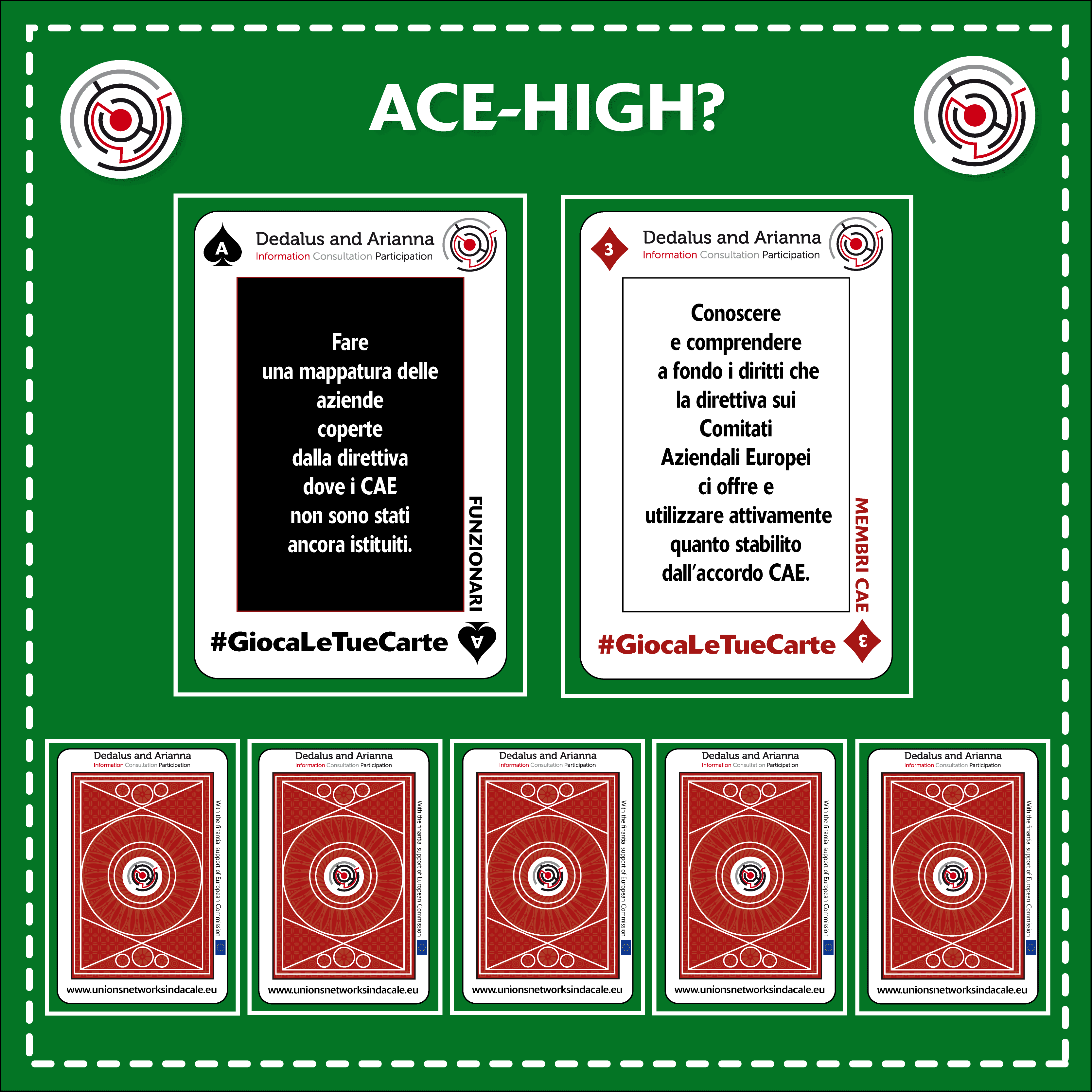

“The most genuine thing I remember is friendship. It grew with time, after a period when the relationship between us trade union delegates and EWC members struggled to take off. French members did not trust us. It went on like this for two, three years: we kept saying that we wanted to extend the same rights to all workers, they kept on worrying that they might be overpowered. Obviously, it was a misunderstanding. Once we clarified it, we found out that we were in fact close to each other, and were looking in the same direction. We were sincere”, said Aldo Cosenza, former Bticino employee, currently a redundancy worker. His whole story began in the EWC. Starting, to be more precise, in 1998, when he joined the works council, ten years after his company became part of the Legrand Corporation. Being a European trade union is like exploring an unknown world. We had to fight, and when necessary, we had to show our teeth. Creating unity between EWC delegates of different origins was hard. Times were intense, full of new things. The Group’s countries were starting to coordinate production, but at the same time they tended to favour the needs of their national reality; this still happens today rather often, but at the time it was a predominating tendency.
Italy ranked just after France by number of members in the works councils. Bticino offered high-quality products, had good turnovers and a good work organisation. “The other delegates saw us as competitors, but we only wanted to share a different point of view, one that could be useful for everybody.” It was important to have success. Mainly because the Group had started to close down some of its establishments. Particularly, in France. “Legrand’s influence grew through its takeovers, but the company did not invest much in research. We needed to fight against this industrial policy to avoid job losses.”
This awareness brought people together. In 2000, the first Legrand EWC regulatory agreement was signed. Little by little a real alliance between the most representative countries was born: France, Italy, Spain and Poland. Information was being exchanged more and more intensely, bonds were being created. Then new agreements followed, which were more advantageous to trade union representation in the EWC. Aldo Cosenza is satisfied with what he has helped to build, but he worries about the future. How can we establish a common action, if even the employees within the same Group are clearly treated differently? What do an Italian and a Hungarian employee talk about, when the salary of the former is six times bigger than that of the latter?
“Being informed, starting dialogues, participating in meetings; all of this is not enough. We need a European trade union that can negotiate; a central organism which chooses on behalf of everybody and which has the power to demand the same conditions for workers of different countries. I really hope that we can achieve this, but it is like talking about a European Union without a Europe. Nobody wants to give up their own sovereignty. So I think that our hope only consists in our willingness to try.”
This project has been funded with support from the European Commission. This publication reflects the views only of the author, and the Commission cannot be held responsible for any use which may be made of the information contained therein.
Downloads
- REPORT FINALE ICARUS (261.1 KiB, 1,770 hits)
 Coorindamento per andare oltre la direttiva
Coorindamento per andare oltre la direttiva
Date: Wed Sep 30 13:31 A cosa servono i CAE
A cosa servono i CAE
Date: Wed Sep 30 13:28 Statistiche sui CAE
Statistiche sui CAE
Date: Wed Sep 30 13:20
-

-

ANTONIO ZAGARI – EWC SUEZ, FIOM CGIL, MILAN
12 September 2016 By Dedalus -

MARIO ONGARO – THE COORDINATOR OF FISAC CGIL INTERNATIONAL DEPARTMENT
12 September 2016 By Dedalus
-

José Manuel López Viñolo, EWC Saica Pack, CCOO de Catalunya
16 February 2016 By Dedalus -

Andrea Capelli – Solvay EWC, Filctem Cgil, Milan
12 July 2016 By Dedalus -

-

GIULIO REGENI – UNDERSTANDING THE EGYPTIAN DEMOCRATIC WORKERS MOVEMENT
12 September 2016 By Dedalus -

Sonia Cattaneo – EWC Air Liquide, FEMCA CISL Milan
15 February 2016 By Dedalus -

Juan Ramón Amorós, EWC Boehringer-Ingelheim, CCOO
16 February 2016 By CCOO de Catalunya

Sito web a cura del Dipartimento Internazionale di CGIL Lombardia: internazionale@cgil.lombardia.it (Responsabile Fabio Ghelfi).



Leave a reply